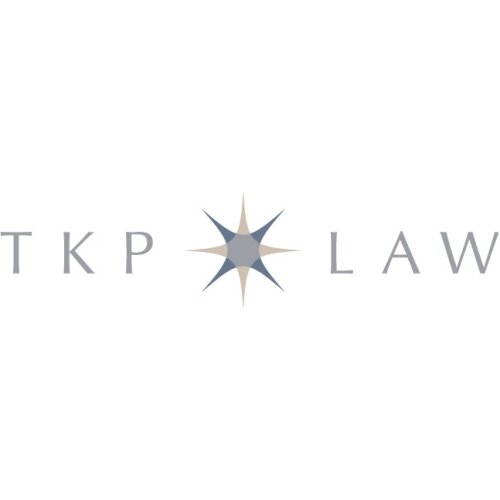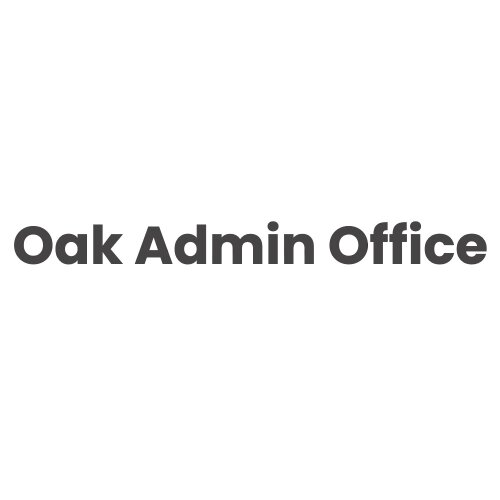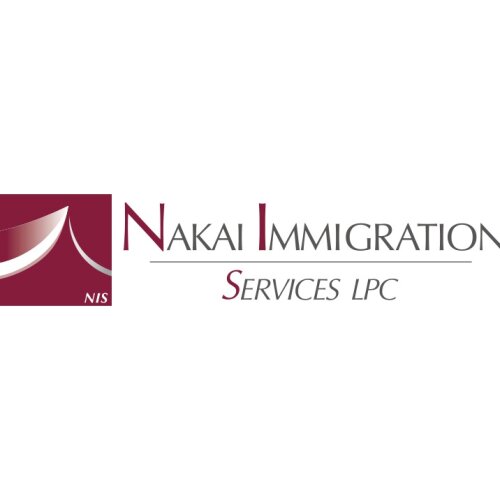Best Work Permit Lawyers in Tokyo
Share your needs with us, get contacted by law firms.
Free. Takes 2 min.
List of the best lawyers in Tokyo, Japan
About Work Permit Law in Tokyo, Japan
In Tokyo, Japan, a work permit is typically associated with the need for an appropriate visa that permits employment. Japan’s immigration formalities differentiate between various types of work visas, depending on the nature of employment and the applicant's qualifications. Foreign nationals must obtain a relevant visa before engaging in employment activities in Japan. Compliance with the Immigration Control and Refugee Recognition Act is crucial for both employers and employees to avoid legal complications.
Why You May Need a Lawyer
Navigating the process of acquiring a work permit in Tokyo can be complex, involving detailed legal procedures and documentation. Common situations where legal assistance might be necessary include:
- Understanding the eligibility criteria and gathering the necessary documentation for a specific work visa category.
- Addressing issues related to visa renewals or changes in visa status due to changes in employment.
- Resolving disputes with employers related to work contracts, job descriptions, or working conditions that affect visa status.
- Ensuring compliance with local employment laws and immigration regulations.
- Assisting with appeals in the case of visa denial.
Local Laws Overview
In Tokyo, and throughout Japan, foreign workers must comply with several key legal requirements:
- Types of Work Visas: Japan offers various work visa types based on occupation, including the Engineer/Specialist in Humanities/International Services visa, the Skilled Labor visa, and the Highly Skilled Professional visa.
- Immigration Status: Work permits and visas are tied to the job the individual is performing, meaning any change in employment can affect the visa status.
- Legal Compliance: Both employer and employee must adhere to the stipulations of the Immigration Control and Refugee Recognition Act and Labor Standards Act, which govern employment contracts, work conditions, and workers' rights.
- Documentation: Accurate and complete documentation is vital; missing or incorrect documents can lead to visa delays or denials.
Frequently Asked Questions
What types of work visas are available in Japan?
Japan offers a range of work visas, including categories for skilled labor, professional positions, educators, and highly skilled professionals. Each visa type has specific requirements based on job role and qualifications.
Can I work in Japan on a tourist visa?
No, a tourist visa does not permit employment in Japan. You must obtain an appropriate work visa to legally engage in employment activities.
How can I change my visa status if I switch jobs?
If you change jobs, you will need to apply for a change of status of residence at an immigration office to ensure your visa reflects your current employment circumstances.
What happens if my work permit application is denied?
If your work permit application is denied, you may appeal the decision or reapply if you can provide additional information or documentation that addresses the reasons for denial.
Can I apply for a work permit from within Japan?
If you are already in Japan with a different type of visa, you must change your status of residence by applying at a local immigration bureau to obtain a work permit.
Are there any employment sectors where obtaining a work permit is easier?
Securing a work permit may be more streamlined in sectors with high demand for foreign workers, such as tech, education, and hospitality, particularly for roles like engineering, language teaching, and services.
Do I need to speak Japanese to get a work permit?
While not always required, proficiency in Japanese can be advantageous and could be a prerequisite for certain positions, particularly those involving customer interaction or local operations.
Is a university degree necessary to get a work visa?
While many work visa categories require a university degree, some skilled labor positions may prioritize professional experience over formal academic qualifications.
How long does it take to process a work permit application?
Work visa processing times can vary but generally take between one and three months. It is advisable to apply well in advance of your intended start date.
What are the penalties for working without a permit?
Working without a valid work permit can result in deportation, fines, and bans on re-entering Japan. Employers may also face legal penalties for employing individuals illegally.
Additional Resources
Several resources can provide guidance and assistance for obtaining a work permit in Tokyo:
- Japanese Immigration Bureau: Offers comprehensive information on visa categories, application procedures, and necessary documentation.
- Tokyo Regional Immigration Bureau: Assists with matters related to residency status changes or visa applications in Tokyo.
- Ministry of Foreign Affairs of Japan: Provides updated information on visa policies and bilateral agreements.
- Local Legal Aid Services: Legal aid clinics offer free or discounted services for individuals needing assistance with immigration law.
Next Steps
If you need legal assistance with a work permit in Tokyo, consider the following steps:
- Consult with a legal expert specializing in Japanese immigration law to assess your specific case and guide you through the process.
- Prepare all required documentation meticulously, ensuring that all forms are completed accurately.
- Visit the Tokyo Regional Immigration Bureau or consult online platforms to gather more specific regulatory information.
- Follow up regularly with legal representatives or the appropriate government bodies to stay informed on the status of your application.
- Attend any required interviews or consultations and be prepared to provide additional information or documentation if requested.
Lawzana helps you find the best lawyers and law firms in Tokyo through a curated and pre-screened list of qualified legal professionals. Our platform offers rankings and detailed profiles of attorneys and law firms, allowing you to compare based on practice areas, including Work Permit, experience, and client feedback.
Each profile includes a description of the firm's areas of practice, client reviews, team members and partners, year of establishment, spoken languages, office locations, contact information, social media presence, and any published articles or resources. Most firms on our platform speak English and are experienced in both local and international legal matters.
Get a quote from top-rated law firms in Tokyo, Japan — quickly, securely, and without unnecessary hassle.
Disclaimer:
The information provided on this page is for general informational purposes only and does not constitute legal advice. While we strive to ensure the accuracy and relevance of the content, legal information may change over time, and interpretations of the law can vary. You should always consult with a qualified legal professional for advice specific to your situation.
We disclaim all liability for actions taken or not taken based on the content of this page. If you believe any information is incorrect or outdated, please contact us, and we will review and update it where appropriate.











